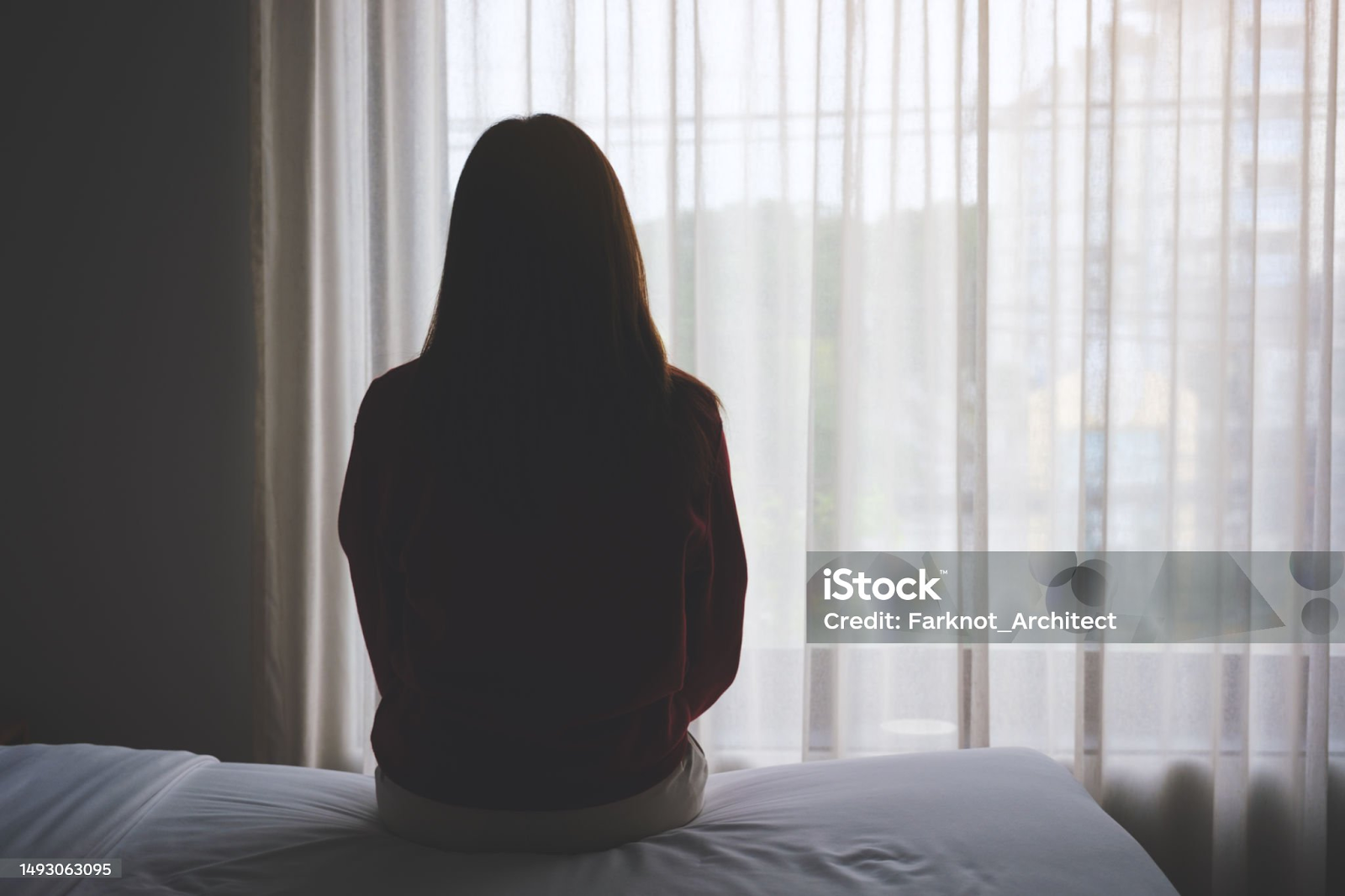The Catholic Peace Weekly has an article by a Korean resident living in the States and his reflection on attending a Korean Mass.
There is no Korean Catholic church in Knoxville, Tennessee, USA, where he lives. Koreans who continue their religious life here do so at their local American churches, but gather at the cathedral twice a month for a Korean-language Mass presided over by a Korean priest who comes from Nashville, two hours away. Participating in a Korean Mass like this is a rare. He realizes once again the importance of a Korean Mass, which was so obvious when he lived in Korea ten years ago.
However, a sight slightly different from usual caught his eye on this day. Unfamiliar faces participated in the Mass. He couldn't tell if they were Americans or visitors from another country, but they were definitely foreigners and not Koreans, and they were attending our Korean Mass.
He was in charge of the commentary for Mass that day, and as he looked at them from the lectern he wondered who they were. In fact, this was especially true because there was no reason for people who did not understand Korean to participate in a Korean Mass. Although they did not seem to understand Korean, they were very devout in participating in the Mass.
After Mass, he approached them and greeted them. They explained that they came to the cathedral to pray and participated after seeing a Korean Mass being offered. Although they did not understand the content, they could feel the presence of God and left the cathedral saying thanks for the welcome.
As he watched people offering Mass in an incomprehensible language but with devotion, he felt the power of the Holy Spirit in achieving unity. It is a great thing to say Mass in your native language, but he thought that sometimes there is something to be gained by participating in Mass in an unfamiliar language.
Even at Mass in Korean, which they did not understand, they would confess their faith together in their own language, say the Lord's Prayer, pray for peace, and participate together in the mystery of the Eucharist. How much is the power of the united faith of the church? realized once again how universal it was.
He had the opportunity to participate in the multicultural, multilingual Rosary event hosted by the Diocese of Knoxville in 2021. On that day, he participated as a representative of the Korean speakers, and his role was to sing the 'Glory be' at the end of each decade in Korean. On that day, people of many different nationalities gathered together, and he later found out that they prayed the rosary together in as many as 14 languages.
It was a little special because each person offered it in their own language. For example, the Lord's Prayer was said in English, the Hail Mary was said in turns in several languages, and the 'Glory Be' said in Korean. Those who participated were able to have the rare experience of hearing the Lord's Prayer, Hail Mary, and 'Glory Be' offered in a language they did not understand, but praying in unison in their hearts in their own language. It was a day when the exclamation of the disciples at the time of the descent of the Holy Spirit, “What is happening, that each of us hears in the language of his native country?” (Acts 2:8), was truly a day.
The more thought he gives to the situation the more mysterious and surprising it becomes. At this moment, in Korea, the United States, and countless other places the Mass is being offered every day in all languages, people are reading the same Bible, receiving the Eucharist together, praying, and praising God all together!
Although his own faith is insignificant, the unified ‘faith of the church’ is truly beautiful, amazing, and great. He finds great comfort in that. This may be why we pray like this every time during Mass. Lord! Do not count our sins, but look at the church's faith and make it peaceful and united according to your will. Amen!






